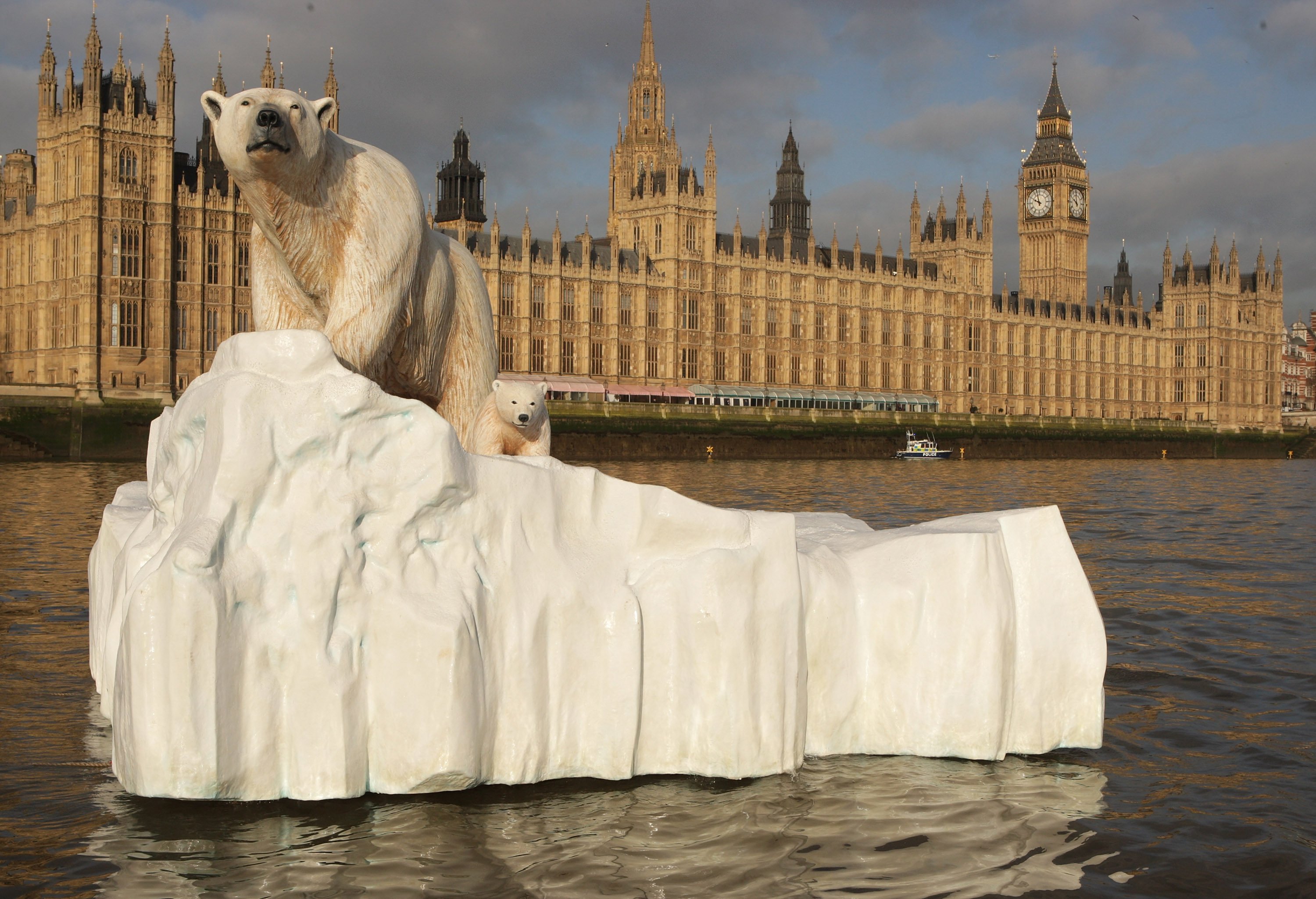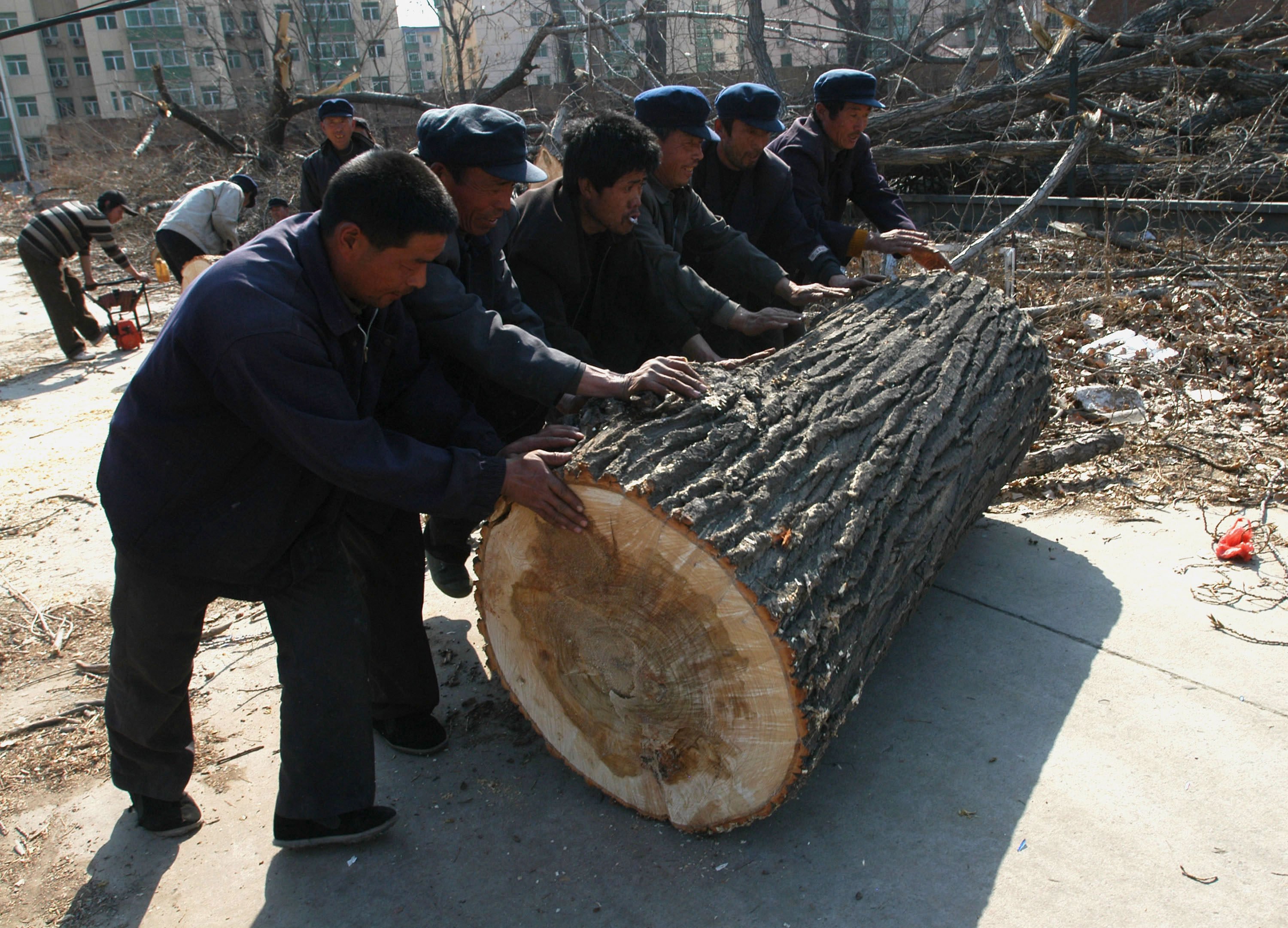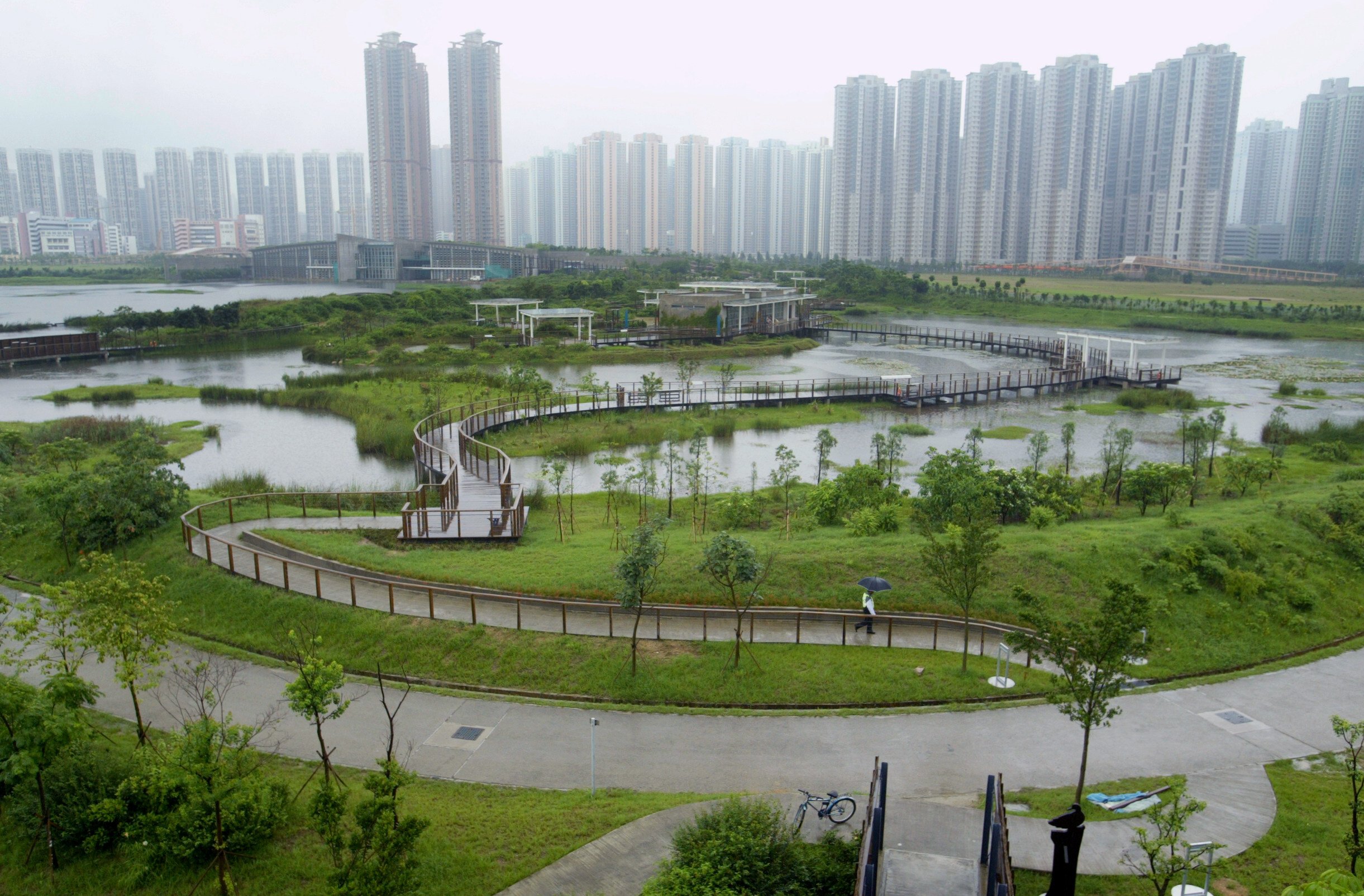Advertisement
Language Matters | How climate ‘change’ gave way to ‘crisis’ and ‘emergency’ – the evolution of language used to describe global warming … er, heating
- The term ‘climate change’ has been in use since 1854, but in recent years has increasingly given way to ‘climate crisis’ and ‘climate emergency’
- Indigenous languages contain expressions that speak to non-monetary systems of exchange that value ecology, and to human stewardship of nature
Reading Time:2 minutes
Why you can trust SCMP
0
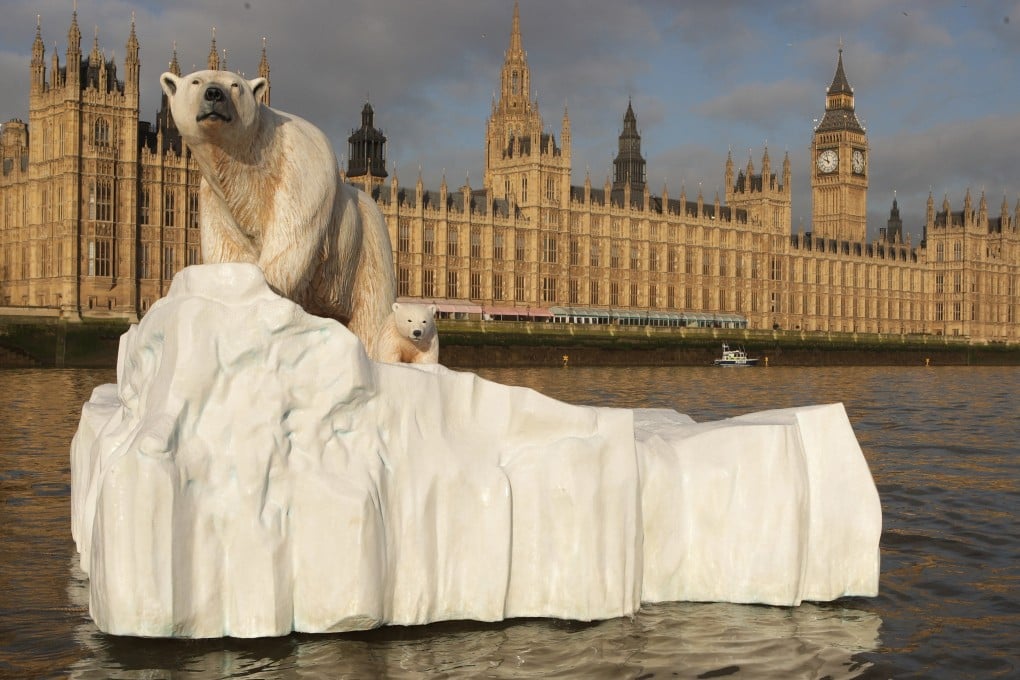
“It’s not climate change,” declared writer-activist Margaret Atwood in 2015 – “it’s everything change.” This certainly includes the language used in framing our thinking on climate and sustainability.
An articulation of the impact of human activity on global climate patterns has been present since the 19th century. The phrase “climate change” was first used in 1854 in an American popular-science magazine querying if observed changes might be ascribed to large-scale agricultural practices.
The “greenhouse effect” was described by French mathematician Joseph Fourier in 1827, with the expression first applied to this atmospheric phenomenon by English physicist J.H. Poynting in the 1900s. In the 1950s, the prospect of – and term for – “global warming” started receiving attention.
As environmental concerns became more urgent in the 2000s, so, too, did the terms adopted by climate scientists, activists, organisations such as the United Nations, and major press outlets: in place of “climate change” – too passive, too gentle – the terms “climate crisis” or “climate emergency” were adopted.
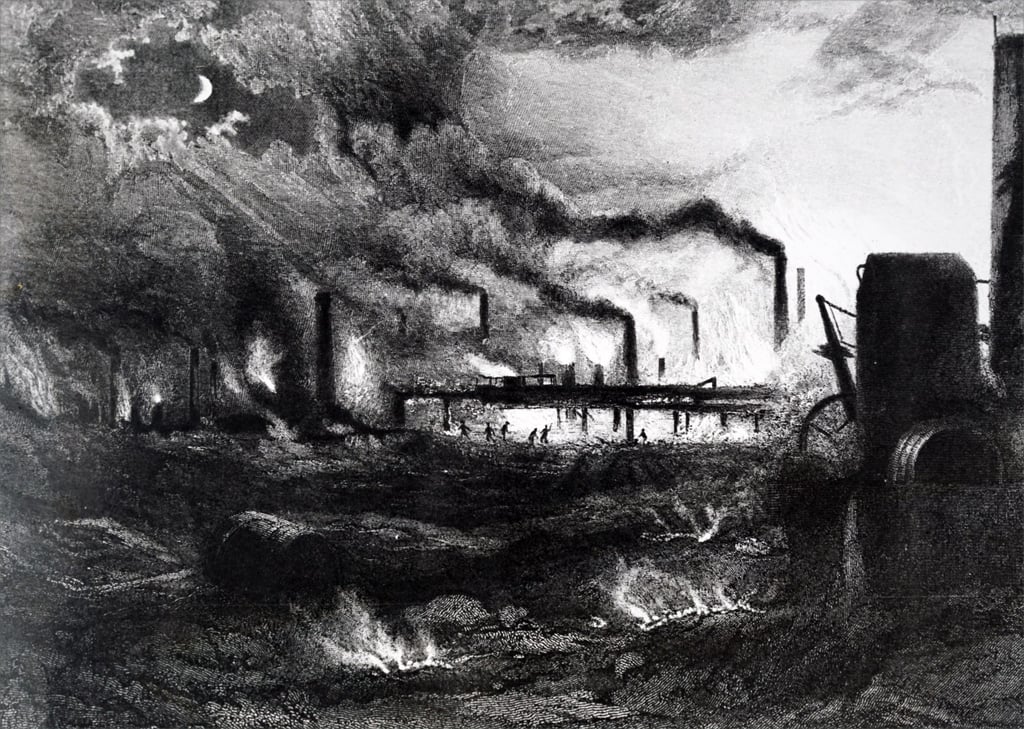
Their use increased 20-fold and 76-fold, respectively, between 2018 and 2020, with “climate crisis” increasing 40 per cent in usage last year, compared with previous years, according to data from the Oxford English Dictionary (OED) and the Cambridge English Corpus.
Advertisement
SCMP Series
[ 8 of 19 ]
Now reading
[ 13 of 19 ]









